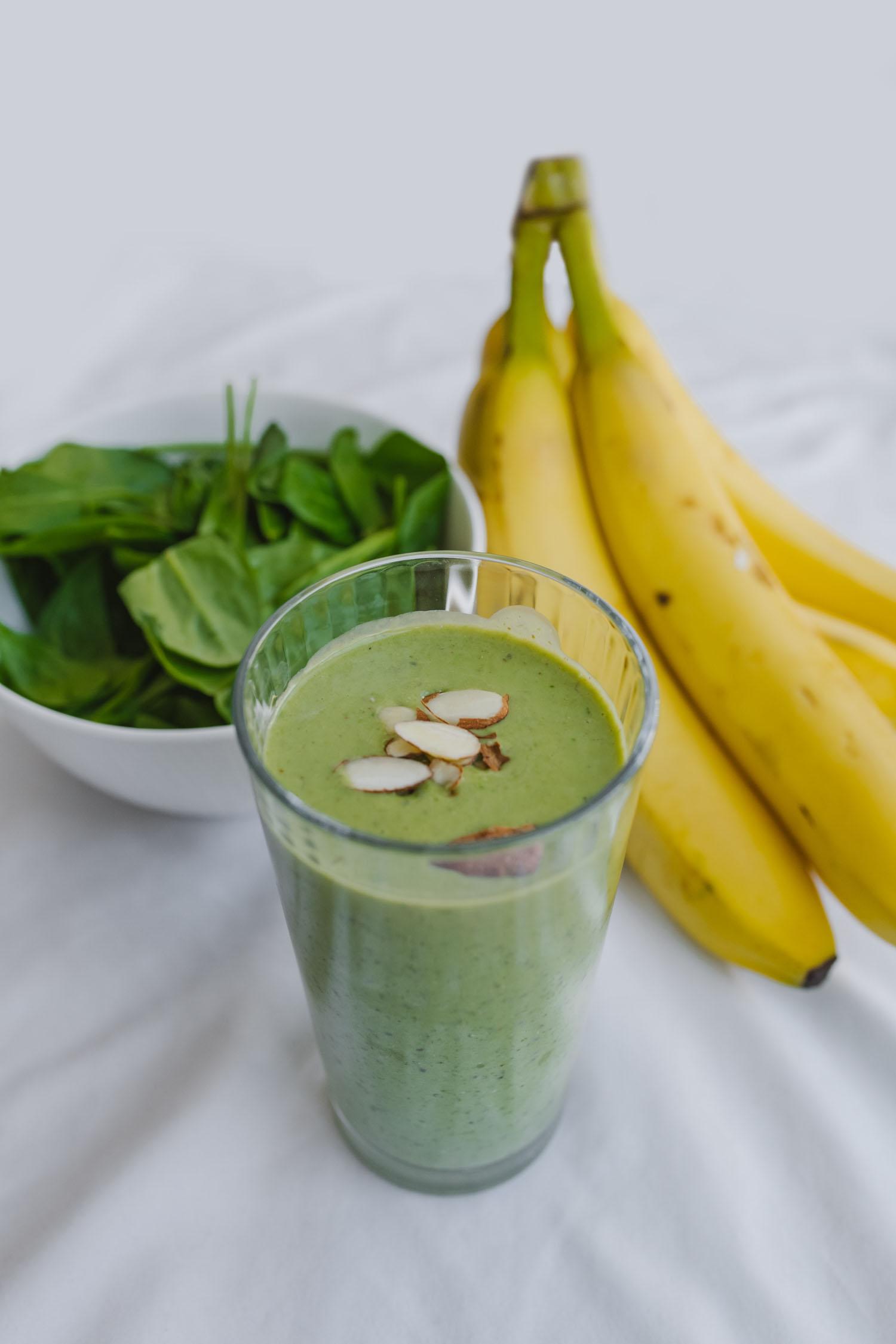Powdered greens are having a moment, promoted to scoop into smoothies or a glass of water for health benefits and as a means to “enhance your lifestyle and activity.” Although powdered greens have become an increasingly popular supplement in the wellness market, evidence to support their use is limited. Our advice? Save your cash and focus on consuming more whole foods.
What’s Inside Powdered Greens
Powdered greens vary in contents depending on the brand, but they are typically composed of dehydrated fruits and vegetables that are ground into powder form. While they do contain vitamins, minerals, and antioxidants, they do not provide the same nutritional benefits as whole fruits and vegetables.
For example, powdered greens contain very little to no fiber, an important component to a healthy diet, that comes from consuming whole fruits, vegetables, legumes, and grains. Additionally, less is understood about the absorption and utilization of nutrients from supplements compared to whole foods. When aiming to hit your daily fruit and veggie goals, greens powders should not be considered a replacement for the 2-2.5 cups of fruit and 2-4 cups of vegetables recommended per day for adults.
Supplement regulation
It is important to note that powdered greens are considered a dietary supplement, meaning they are not approved by the FDA for safety and effectiveness before they go to market. When choosing supplements, look for brands that are third-party certified (NSF and USP are trusted certifications to look for.) Because powdered greens contain concentrated formulas of vitamins and minerals, over supplementation is a potential risk of regularly consuming greens powders, particularly if you are consuming multiple supplements (ie. Powdered greens + a daily multivitamin).
Water soluble vitamins B and C have a low risk of toxicity, as excess intake is excreted out by your kidneys through urine. When you’re paying for your powdered greens, you may really just be paying to pee out money. On the other hand, certain fat-soluble vitamins (including A, D, E, K) and certain minerals can be stored in the body, leading to potentially harmful side effects. In general, be sure you are not exceeding the Tolerable Upper Intake Level (UL) of any vitamin and mineral, which can be found on the NIH website.
Additionally, many powdered greens contain herbal supplements, digestive enzymes, probiotics, and other ingredients that are not necessarily backed by science and may not be suitable for all, including those with certain medical conditions, pregnant and breastfeeding women, and those on certain medications. Be sure to check with a healthcare professional before taking any supplements.
Bottom Line: Who Can Powdered Greens Benefit?
In general, whole food is the preferred source of nutrients, and supplements like powdered greens should only be considered when food alone does not meet nutritional needs. For example, if you are traveling and cannot consume adequate fruits and vegetables, you may benefit from a powdered greens supplement.
When possible, try and plan and bring fruits, nuts, seeds, or nutrient-dense packaged snacks, so you don’t have to rely on supplements. Also, blending smoothies can be a great way to pack more fruits and vegetables into your diet and get the benefits of all the fiber.
Want more nutrition advice that’s tailored to your needs? Book a session with a Culina Health dietitian.





